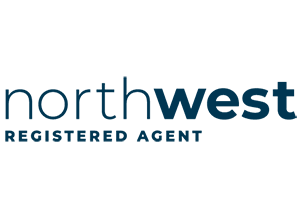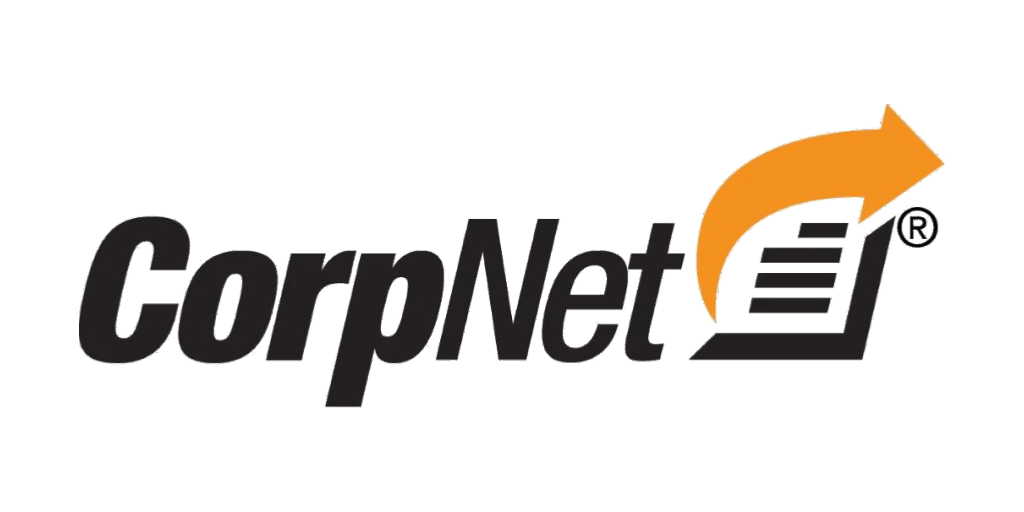Best Business Checking Accounts of 2025
Compare leading providers to find the ideal business account for your needs

Staff Writer
Arorix Editorial Team
Updated: June 14, 2025
Our Top 3 Services
Best for Tech Startups & Venture-Backed Founders
- $0 fees, no minimums, FDIC-insured up to $5M
- Virtual cards + API integrations
- Built for tech & fast-scaling startups
9.8
EXCELLENT
2
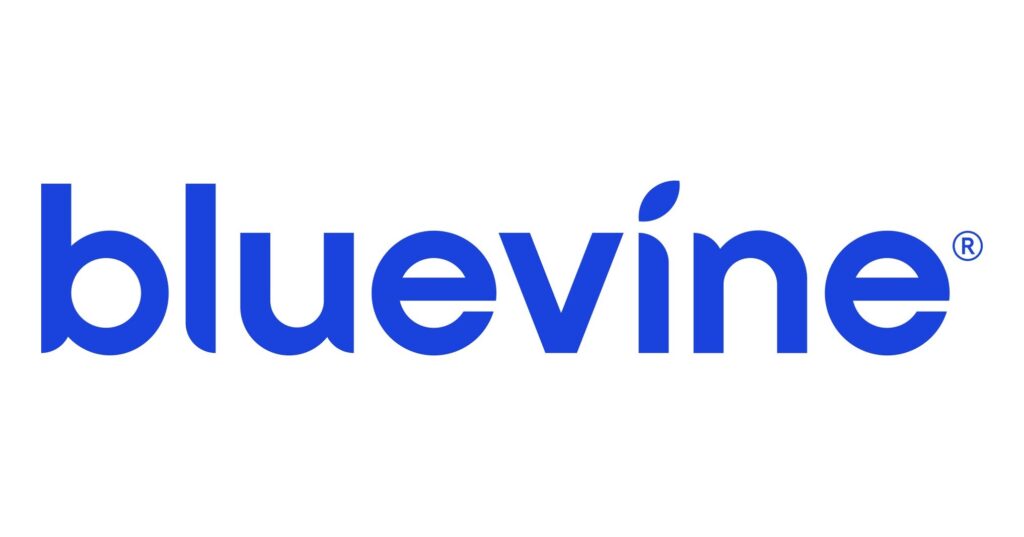
Best for Earning Interest
- 2.0% APY on balances up to $250K
- Free bill pay, unlimited transactions
- No monthly fees or minimums
9.0
3
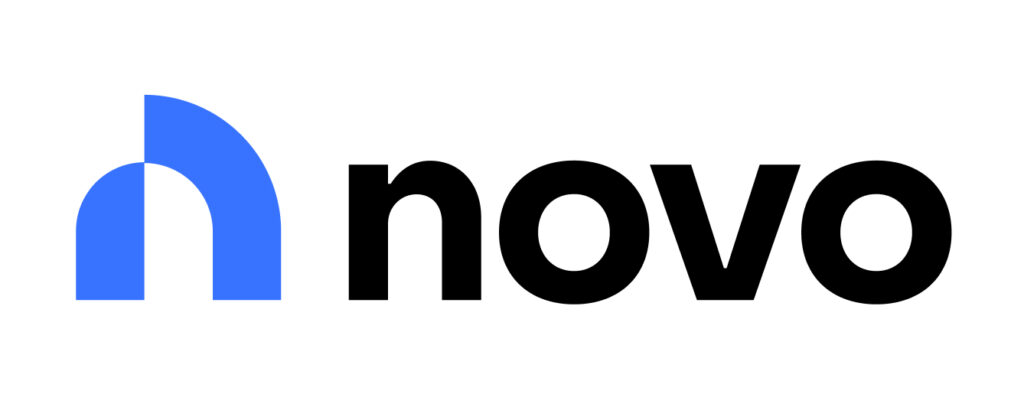
Best for Digital-First Businesses
- $0 fees, integrates with Stripe, Shopify, QuickBooks
- ATM fee refunds + budgeting tools
- Great for ecommerce & freelancers
8.8
4

Best for Solopreneurs with Tax Tools
- Auto expense tracking + built-in invoicing
- Generates tax estimates + Schedule C
- No monthly fees, built for freelancers
8.5
EXCELLENT
5

Best for Multi-Owner LLCs or Small Teams
- Up to 20 checking accounts + user permissions
- Syncs with QuickBooks & Xero
- Ideal for team transparency & control
8.0
EXCELLENT
6

Best for Mobile Professionals
- Free & Pro plans with invoicing + tax tools
- Cashback debit + instant alerts
- Suited for on-the-go service businesses
7.8
7

Best for In-Person Banking
- 16,000+ branches/ATMs, $15 fee (waivable)
- Offers credit, lending, and merchant tools
- Full-service option with physical presence
7.5
1

9.8
EXCELLENT
Best for Tech Startups & Venture-Backed Founders
- $0 fees, no minimum balance requirements
- Virtual cards, API access, and integrations with popular business tools
- FDIC-insured up to $5 million through partner banks
- Tailored for startups and technology companies
2

9.0
EXCELLENT
Best for Earning Interest
- $0 monthly fees, no minimum balance
- Earn up to 2.0% APY on balances up to $250,000
- Unlimited transactions and free bill pay
- Ideal for freelancers and small business owners seeking interest-bearing accounts
3

8.8
EXCELLENT
Best for Digital-First Businesses
- $0 monthly fees, integrates with Stripe, Shopify, QuickBooks
- Refunds all ATM fees
- Budgeting tools like “Reserves”
- Suitable for e-commerce businesses and entrepreneurs who prefer digital banking
4

8.5
EXCELLENT
Best for Solopreneurs with Tax Tools
- Built-in invoicing and auto expense tracking
- Generates Schedule C and tax estimates
- No monthly fees
- Designed for freelancers and gig workers handling their own taxes
5

8.0
EXCELLENT
Best for Multi-Owner LLCs or Small Teams
- Up to 20 checking accounts under one business
- User roles and permissions for teams
- Integrates with QuickBooks and Xero
- Ideal for growing teams needing transparency and control
6

7.8
EXCELLENT
Best for Mobile Professionals
- Free and Pro plans available
- In-app invoicing, tax planning, and instant alerts
- Debit card with cashback at select retailers
- Great for service-based businesses and on-the-go workers
7

7.5
EXCELLENT
Best for In-Person Banking
- $15 monthly fee (waivable), access to 16,000+ ATMs and branches
- Includes merchant services and built-in Zelle
- Business credit cards and lending options available
- Suitable for entrepreneurs who want physical branches and full-service banking
8
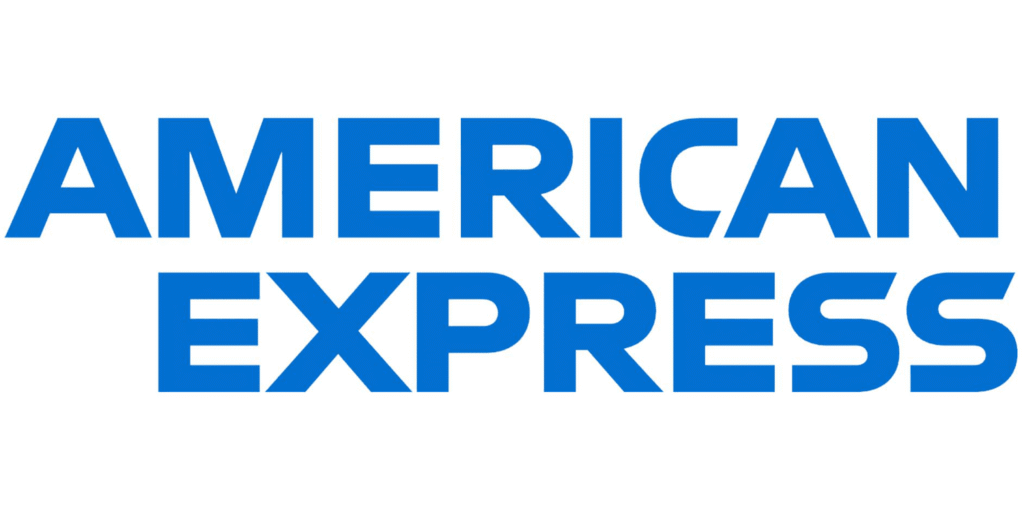
7.0
EXCELLENT
Best for Amex Cardholders
- $0 monthly fees, no minimum balance requirements
- Earn 1.30% APY on balances up to $500,000
- Unlimited fee-free transactions and access to 70,000+ ATMs
- Ideal for existing Amex credit card users seeking integrated banking solutions
Looking for a Complete All-in-One Solution?

9.9
Best Overall Business Launch Solution
- EIN, docs, & custom branding included
- Access to Arorix OS™ business dashboard
- Website, CRM, and automation tools built-in
Looking for a Complete All-in-One Solution?

Best Overall Business Launch Solution
- EIN, docs, & custom branding included
- Access to Arorix OS™ business dashboard
- Website, CRM, and automation tools built-in
9.9
Why You Need a Business Bank Account
Opening a business bank account is key to managing your company’s money the right way. It helps you:
Separate personal and business finances
Track income and expenses clearly
Make tax filing easier and more accurate
Build business credit and credibility
Accept payments and pay vendors professionally
Whether you’re just starting out or scaling fast, the right account sets the tone for how you run your business.
Business Bank Account & Taxes: What to Know
Clear Separation: Keeps personal and business income separate—critical if you’re ever audited.
Accurate Bookkeeping: Makes it easier to track deductible expenses like supplies, marketing, and travel.
Simplifies Tax Filing: Clean records mean faster, smoother filing—especially if you work with a CPA.
Supports LLC or Corp Structure: Helps maintain your liability protection by showing your business is a separate entity.
Enables Payroll & Sales Tax Setup: Essential for paying employees or collecting/remitting sales tax properly.
Bottom line: A business bank account doesn’t just organize your finances—it keeps your tax life clean and legally protected.
Opening Costs and Fees
Monthly Fees: $0–$25 per month (often waived with a balance or activity minimum)
Transaction Limits: Some accounts charge if you exceed a set number of monthly transactions
Wire Transfer Fees: Incoming and outgoing wires may cost extra—especially international
Overdraft/NSF Fees: Returned item or overdraft fees can run $25–$35
Add-Ons: Features like cash deposits, integrations, or bookkeeping tools may come with additional fees
Top Business Bank Account Features to Take Advantage Of
No Monthly Fees: Keeps overhead low, especially for new businesses
Mobile Banking & Check Deposit: Run your finances from anywhere
Unlimited Transactions: Avoid surprise charges as your activity grows
Virtual Cards: Great for online purchases and team spending control
Free ACH & Wires: Saves money on transfers and vendor payments
Built-In Invoicing Tools: Bill clients without needing separate software
Bookkeeping Integrations: Sync with QuickBooks, Xero, or your accounting platform
Multiple User Access: Give your team controlled access without handing over full account rights
FDIC Insurance: Protects your funds up to $250,000 per account
Look for accounts that grow with you—from side hustle to full-scale business.
Who a Business Bank Account Is Best For
Freelancers & Sole Proprietors: Keeps personal and business income separate for clean taxes and easier bookkeeping
LLCs & Corporations: Legally required to maintain liability protection and meet compliance standards
Startups & Growing Teams: Enables payroll, payments, and spending controls as you scale
Online-Only Businesses: Pairs well with digital tools, virtual cards, and remote access
Service-Based Businesses: Makes invoicing, client payments, and expense tracking seamless
Brick-and-Mortar Stores: Choose an account with cash deposit support and nearby ATMs
Common Mistakes to Avoid with Business Bank Accounts
Using a Personal Account: Blurs financial lines, risks audits, and can void LLC/corp liability protection
Ignoring Monthly Fees: Not meeting waivers can lead to unnecessary charges
Overlooking Transaction Limits: Exceeding limits can trigger surprise fees
Skipping Bookkeeping Integration: Makes expense tracking and tax filing harder than it needs to be
Not Setting Up Multiple Users: Sharing one login is risky—use proper user roles for your team
Failing to Monitor Activity: Missed transactions, fees, or fraud can go unnoticed without regular check-ins
Choosing Based on Perks Alone: Prioritize fit and functionality over flashy signup bonuses
Pro Tip: Treat your business account like your business itself—structured, secure, and built to scale.



